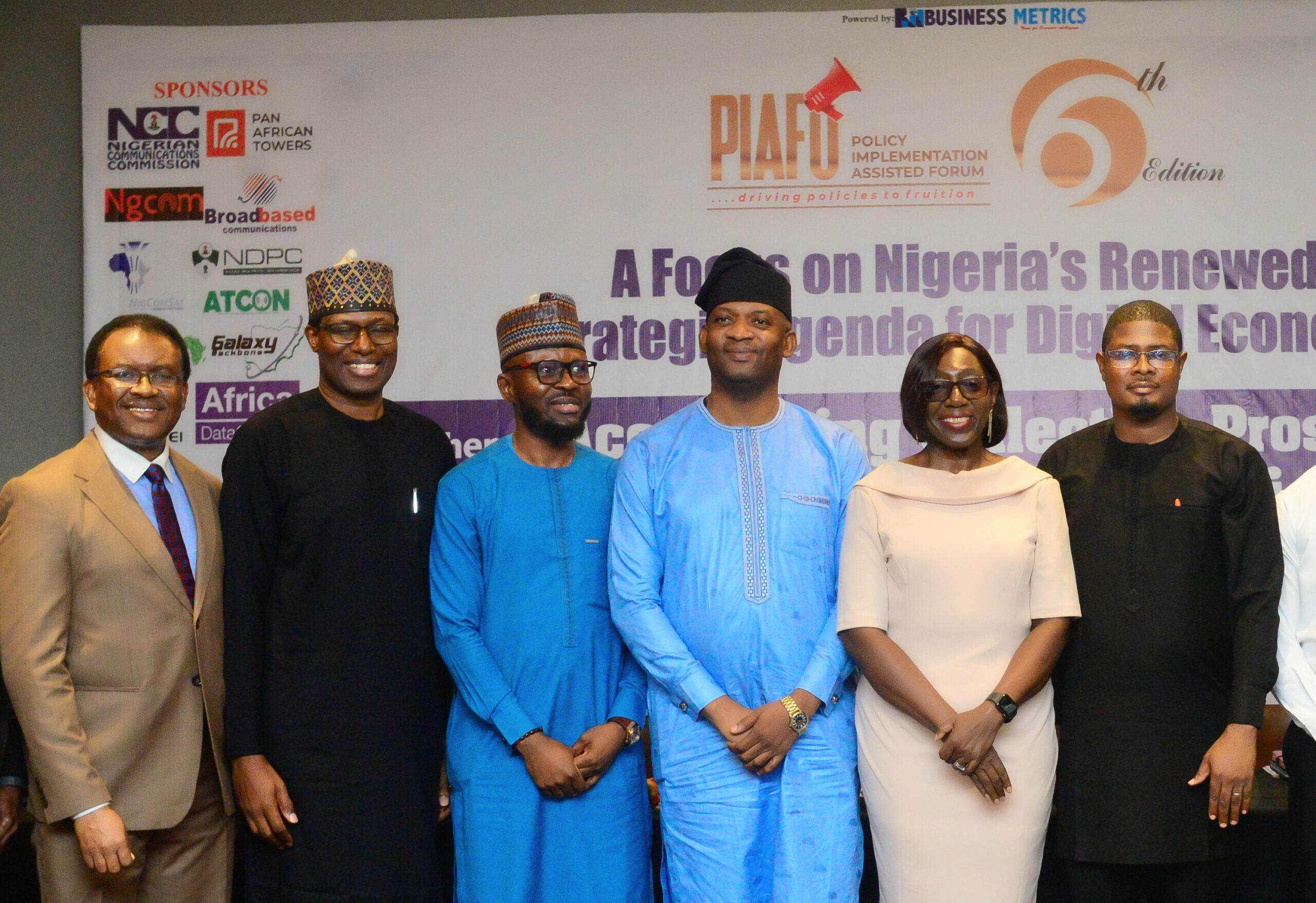Nigeria’s planned 90,000-kilometer fibre project would not be successful unless the state government were prepared to assume responsibility and stop using the right-of-way (RoW) to generate internal money.
Stakeholders in the telecom sector held this position during the most recent Policy Implementation Assisted Forum, which was held in Lagos for its sixth edition.
The Federal Government of Nigeria (FGN) started negotiations with the World Bank last month and approved the creation of a special-purpose vehicle to facilitate the delivery of the fibre optic cable.
Read also: TelCables unleashes 800 Gbps network in South Africa
Project to become Africa’s third-longest terrestrial fibre optic backbone
With this project, Nigeria would have the third-longest terrestrial fibre optic backbone in Africa, after South Africa and Egypt, with a capacity increase from 35,000 km to 125,000 km.
The Federal Government’s goals are frequently thwarted by inadequate state execution, as governors prioritise income creation over the advancement of the digital economy, according to Gbenga Adebayo, Chairman of the Association of Licenced Telecommunications Operators of Nigeria.
“The government has always developed sound policies; the main issue is their execution, especially when tested in remote locations. Governors will travel to Abuja and declare, “I will grant the right of way in my state at no cost,” according to Adebayo.
Given that the fibre project has the potential to propel Nigeria’s economic growth and digital transformation, he asked state governments to take a more cooperative stance.
State government policies frustrating fibre optic project
“In such a state, you might be granted free access or for one naira, but you’ll also be assessed fees for education, state effect, ecosystem, and development. These total more than the RoW charges when added together. Who’s playing whom, then?” he asked.
According to Chidi Ajuzie, Group Chief Operating Officer of WTES Projects Limited, the main obstacle to installing fibre cable in Nigeria is informal RoW charges made by thugs.
While some governments have formalised their systems for determining rights of way, Ajuzie lamented that unofficial demands made by thugs and local self-declared landowners were complicating matters and impeding the installation of sufficient internet equipment.
Ajuzie’s worries draw attention to the necessity of a formal, consistent process for granting rights of way (RoW) across states to expedite the installation of vital fibre optic infrastructure and assist Nigeria’s objectives for digital transformation.
Read also: Google launches Umoja fibre optic cable, connecting Africa to Australia
Address current challenges – Chidi
The Executive Director of Broadbased Communications, Chidi Ibisi, presented a paper on “Harmonising Nigeria’s Fibre Deployment Strategies for Effective Implementation.” Ibisi stated that although the government’s SPV initiative was an excellent plan to help the country bridge its digital infrastructure gap, the government would need to address current challenges.
He stated that for this new SPV programme to be effective, “the issues of the high cost of RoW, the destruction of fibre by road construction companies, and vandals all need to be addressed.”
PIAF chairperson Omobayo Azeez stated that the conference’s goal was to establish a venue for discourse that would allow stakeholders in the digital economy from the public and private sectors to collaborate and share ideas.




